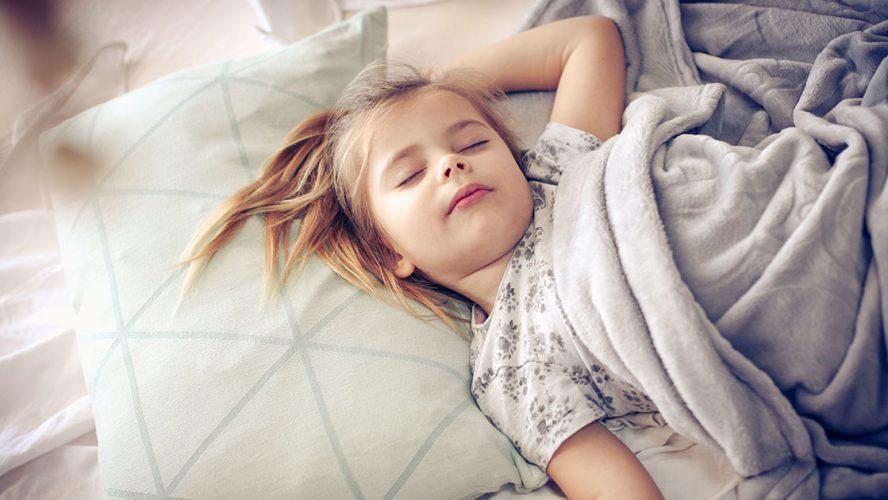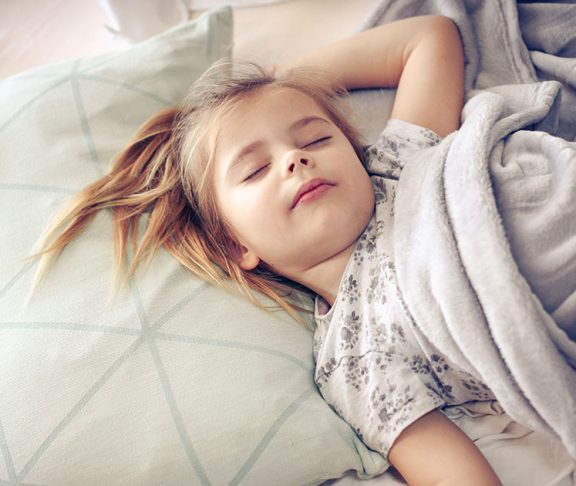Sleep-related bruxism is a common sleep disorder that involves regular or frequent tooth grinding sounds that occur during sleep. These sounds can be unpleasant and disturbing to both you and your bed partner. The grinding also can be loud, which can cause brief arousals from sleep.
A common sign of sleep bruxism is abnormal tooth wear. Other warning signs include jaw muscle pain or jaw locking in the morning. Many people who have sleep bruxism also have painful morning headaches. Most normal sleepers have occasional jaw muscle contractions during sleep. However, these contractions are more frequent and more intense in people who have sleep bruxism. A person with severe sleep bruxism has more than four episodes of jaw muscle contraction per hour of sleep.
Common issues
Sleep bruxism is most common during childhood, occurring in about 14 to 17 percent of children. It occurs in less than 10 percent of adults, affecting men and women equally. In some adults, sleep bruxism may be related to stress or anxiety.
Sleep bruxism also is common in people who have obstructive sleep apnea, which is a chronic disease that involves repetitive episodes of complete or partial upper airway obstruction during sleep. Untreated sleep apnea increases your risk for damaging health problems such as high blood pressure, heart disease and stroke.
Common solutions for teeth grinding
Sleep bruxism is commonly treated with an occlusal splint. This is a mouth guard that is custom-fit by a dentist. It protects your teeth and reduces the sound of tooth grinding while you sleep. Cognitive behavioral therapy techniques, such as muscle relaxation, may also help reduce episodes of sleep bruxism.
If your doctor determines that you have sleep apnea, then one treatment option is to get an oral appliance that is custom-fit by a qualified dentist. It supports the jaw in a forward position to help maintain an open upper airway during sleep. In addition to treating sleep apnea, oral appliance therapy may reduce sleep bruxism in people who have both problems.
Talk to your dentist if you are concerned that you or your bed partner may have sleep bruxism because getting help is good for your teeth and your sleep.

